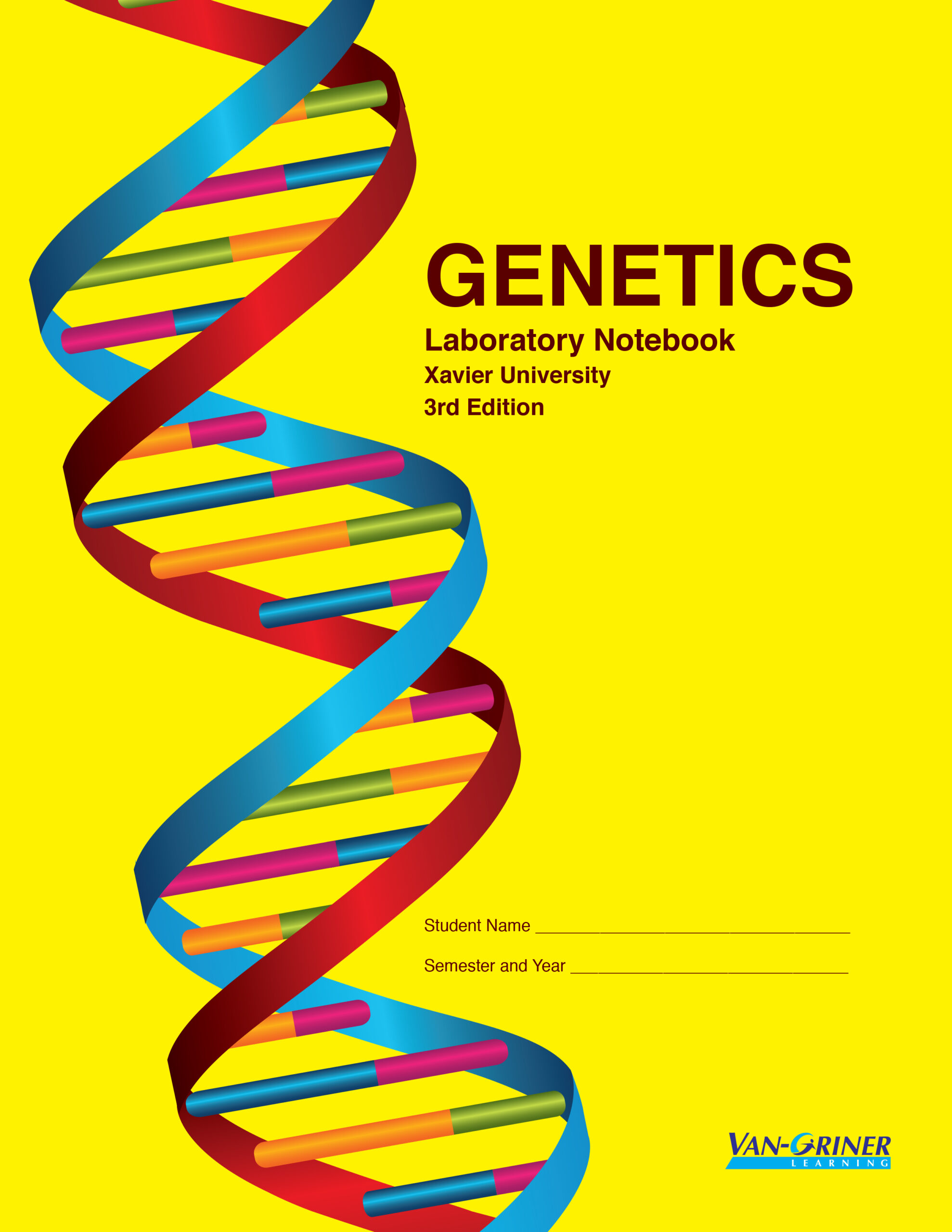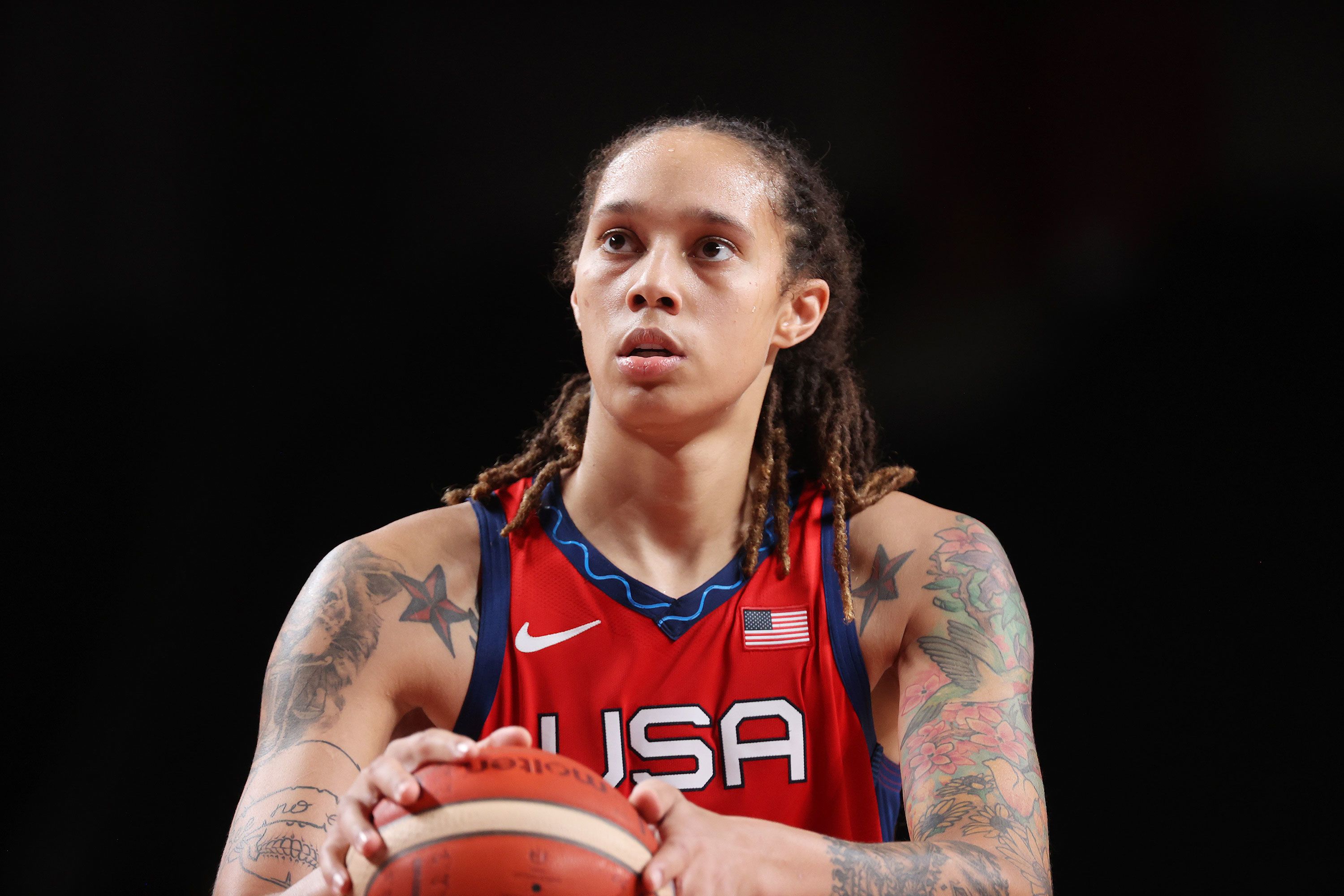Brittney Griner genetics has sparked widespread curiosity, not just among sports enthusiasts but also within the scientific community. As one of the most prominent figures in basketball, Brittney Griner’s towering height, athletic prowess, and unique physical attributes have long been attributed to her genetic makeup. But what exactly lies behind her extraordinary abilities? Is it purely genetics, or does her training and lifestyle play an equally pivotal role? This article delves into the fascinating interplay of nature versus nurture, exploring the role of genetics in shaping her career and physical attributes. By examining her family background, scientific studies, and expert insights, we aim to uncover the truth behind Brittney Griner’s genetic blueprint.
Beyond her professional achievements, Griner’s genetics offer a window into understanding human biology and athletic performance. Her story is not just about basketball; it’s about the intricate science that governs physical traits like height, agility, and endurance. As we dissect her genetic profile, we’ll also explore how her upbringing, training regimen, and personal choices have contributed to her success. This article is designed to provide a comprehensive yet accessible analysis of Brittney Griner genetics, ensuring readers leave with a deeper appreciation for the science behind her extraordinary abilities.
In today’s world, where genetics increasingly influences fields like sports, medicine, and even lifestyle choices, Brittney Griner’s case serves as a compelling example of how genetic predispositions can intersect with personal determination. Whether you’re a fan of her basketball career, a student of genetics, or simply curious about the science behind human potential, this article will offer valuable insights. From her family’s genetic history to the latest research on athletic performance, we’ll leave no stone unturned in exploring the fascinating world of Brittney Griner genetics.
Read also:Joe Lockes Romantic Life Does He Have A Boyfriend
Table of Contents
- Biography: Who is Brittney Griner?
- What Makes Brittney Griner’s Genetic Traits Unique?
- How Does Family History Influence Brittney Griner’s Genetics?
- The Science of Athletic Performance: Is It All in the Genes?
- Training vs. Genetics: Which Plays a Bigger Role?
- What Does Modern Genetic Research Reveal About Athletes Like Brittney Griner?
- Brittney Griner Genetics: A Closer Look at Her DNA
- Future Implications: How Can Brittney Griner’s Genetics Inspire Others?
Biography: Who is Brittney Griner?
Brittney Griner, born on October 18, 1990, in Houston, Texas, is a name synonymous with excellence in basketball. Standing at an impressive 6 feet 9 inches, she has become one of the most recognizable figures in the WNBA and international basketball. Known for her incredible shot-blocking ability, dunks, and versatility on the court, Griner has carved out a legacy that extends beyond her physical dominance. But who is Brittney Griner beyond her athletic achievements? This section delves into her life, from her early years to her rise as a global sports icon.
Griner’s journey began in a family that valued sports and education. Her parents, Ray Griner and Sandra Griner, were instrumental in nurturing her talents from a young age. Ray, a Vietnam War veteran, and Sandra, a teacher, instilled in Brittney the values of discipline, hard work, and resilience. These qualities would later define her career. Griner attended Nimitz High School in Houston, where she first showcased her basketball prowess. Her exceptional skills earned her a scholarship to Baylor University, where she became a two-time All-American and led the team to a national championship in 2012.
To provide a clearer picture of her life, here’s a table summarizing key personal details and biographical data:
| Full Name | Brittney Yevette Griner |
|---|---|
| Date of Birth | October 18, 1990 |
| Place of Birth | Houston, Texas, USA |
| Height | 6 feet 9 inches (206 cm) |
| Parents | Ray Griner (Father), Sandra Griner (Mother) |
| Education | Baylor University |
| WNBA Team | Phoenix Mercury |
| Achievements | 8x WNBA All-Star, 2x Olympic Gold Medalist |
Beyond her professional accolades, Brittney Griner is also known for her advocacy work and openness about her personal life. As a member of the LGBTQ+ community, she has used her platform to promote inclusivity and equality. Her story is one of triumph, resilience, and breaking barriers, making her an inspiration to millions worldwide.
What Makes Brittney Griner’s Genetic Traits Unique?
Brittney Griner’s genetic traits are nothing short of extraordinary, particularly when it comes to her height, physical build, and athletic abilities. Standing at 6’9”, she is one of the tallest players in the history of women’s basketball. But what exactly contributes to her towering stature? The answer lies in a combination of genetic factors, including her family’s genetic predisposition and specific gene variants associated with height and physical performance.
One of the most significant genetic markers linked to height is the HMGA2 gene. Studies have shown that variations in this gene can account for differences in height among individuals. In Griner’s case, her genetic makeup likely includes variants that favor increased height, giving her a natural advantage on the basketball court. Additionally, her long limbs and lean muscle mass are indicative of a genetic predisposition for athletic performance. These traits are often associated with genes like ACTN3, which is linked to fast-twitch muscle fibers and explosive power—a crucial asset for dunking and shot-blocking.
Read also:Sean Federlines Remarkable Path A Glimpse Into His World
How Do Genetic Factors Influence Athletic Performance?
While height is a visible genetic trait, other less obvious factors also play a role in Griner’s athletic prowess. For instance, her cardiovascular efficiency, endurance, and recovery rate are influenced by her genetic profile. Genes like ACE and PPARGC1A are known to impact endurance and oxygen utilization, enabling athletes to perform at peak levels for extended periods. Griner’s ability to dominate games for long durations can be partly attributed to these genetic advantages.
Unique Physical Attributes
- Height: At 6’9”, Griner’s height is a product of both genetics and environmental factors like nutrition during her developmental years.
- Wingspan: Her impressive wingspan, which exceeds her height, provides her with unparalleled reach for blocking shots and grabbing rebounds.
- Muscle Composition: Griner’s lean muscle mass and fast-twitch fibers enable her to execute powerful dunks and explosive movements.
Why Are Genetic Traits Like Brittney Griner’s Rare?
Genetic traits like Griner’s are rare because they require a specific combination of gene variants that are not commonly found in the general population. For instance, the combination of height-enhancing genes and athletic performance genes is statistically uncommon. This rarity is what makes Griner’s genetic profile so fascinating and worthy of study. Researchers often look to athletes like Griner to better understand how these genetic factors interact and contribute to elite performance.
How Does Family History Influence Brittney Griner’s Genetics?
Brittney Griner’s genetic makeup is deeply rooted in her family’s history, which plays a significant role in shaping her physical attributes and athletic abilities. While her parents, Ray and Sandra Griner, are not professional athletes, their genetic contributions have undoubtedly influenced her extraordinary traits. Understanding the role of family genetics provides valuable insights into how her unique physical characteristics, such as her height and athletic build, came to be.
One of the most apparent influences of family genetics is Griner’s height. Both of her parents are tall, with her father, Ray Griner, reportedly standing at 6’4” and her mother, Sandra Griner, at 5’10”. This familial predisposition for height is a strong indicator that Griner inherited genes associated with increased stature. Height is a polygenic trait, meaning it is influenced by multiple genes, and her parents’ genetic contributions likely provided her with a combination of height-enhancing variants. This genetic legacy has not only made her a dominant force on the basketball court but also a subject of scientific interest.
What Role Do Parental Genes Play in Athletic Prowess?
Beyond height, Griner’s athletic abilities can also be traced back to her family’s genetic contributions. While her parents may not have pursued professional sports, their physical traits and health profiles likely passed on genes associated with athletic performance. For example, genes like ACTN3, which influence muscle composition, and ACE, which affect endurance and cardiovascular efficiency, could have been inherited from her parents. These genetic factors, combined with her height, create a perfect storm of physical attributes that make her uniquely suited for basketball.
Family Health History and Genetic Implications
- Height Genes: Both parents contributed to Griner’s towering height through their genetic predispositions.
- Cardiovascular Health: A family history of good cardiovascular health may have influenced her endurance and stamina.
- Muscle Composition: Genes affecting muscle fibers and strength were likely passed down, enhancing her athletic capabilities.
How Does Family Genetics Shape Future Generations?
Understanding family genetics is not just about explaining Griner’s current traits but also about predicting how her genetic legacy might influence future generations. If Griner were to have children, her offspring could inherit a combination of her height-enhancing and athletic performance genes. This potential genetic inheritance underscores the importance of studying family genetics, as it provides a roadmap for understanding how traits are passed down and expressed across generations.
The Science of Athletic Performance: Is It All in the Genes?
When it comes to athletic performance, the age-old debate of nature versus nurture takes center stage. While Brittney Griner’s genetics undoubtedly play a significant role in her success, it’s essential to examine how much of her prowess can be attributed to her DNA and how much is shaped by external factors like training, nutrition, and mental resilience. This section explores the scientific underpinnings of athletic performance, shedding light on the complex interplay between genetic predispositions and environmental influences.
At the core of athletic performance lies a combination of genetic factors that dictate physical traits such as muscle composition, oxygen utilization, and recovery rates. For instance, the ACTN3 gene, often referred to as the “speed gene,” is associated with fast-twitch muscle fibers that enable explosive movements like sprinting and jumping. Athletes with certain variants of this gene, like Griner, are naturally predisposed to excel in sports requiring power and agility. Similarly, the ACE gene, which influences cardiovascular efficiency, can enhance endurance and stamina—qualities that are crucial for sustained performance in basketball.
Can Training Overcome Genetic Limitations?
While genetics provide a foundation, training is equally critical in unlocking an athlete’s full potential. Even individuals with favorable genetic profiles must undergo rigorous training to hone their skills and build muscle memory. For Griner, years of disciplined practice, strength conditioning, and strategic gameplay have transformed her natural abilities into world-class performance. Training not only enhances physical capabilities but also fosters mental toughness, a trait that is just as vital in competitive sports.
Key Factors Influencing Athletic Performance
- Genetic Predisposition: Traits like height, muscle composition, and endurance are heavily influenced by DNA.
- Training Regimen: Consistent practice and conditioning are essential for maximizing genetic potential.
- Nutrition: A balanced diet supports muscle growth, recovery, and overall health.
- Mental Resilience: The ability to stay focused under pressure often separates elite athletes from the rest.
Is Athletic Success Predetermined by Genetics?
While genetics provide a strong foundation, they do not guarantee success. Many athletes with less-than-ideal genetic profiles have achieved greatness through sheer determination and hard work. Conversely, individuals with exceptional genetic traits may fail to reach their potential without proper training and support. In Griner’s case, her genetic advantages have undoubtedly contributed to her success, but it is her relentless dedication to her craft that has elevated her to legendary status

